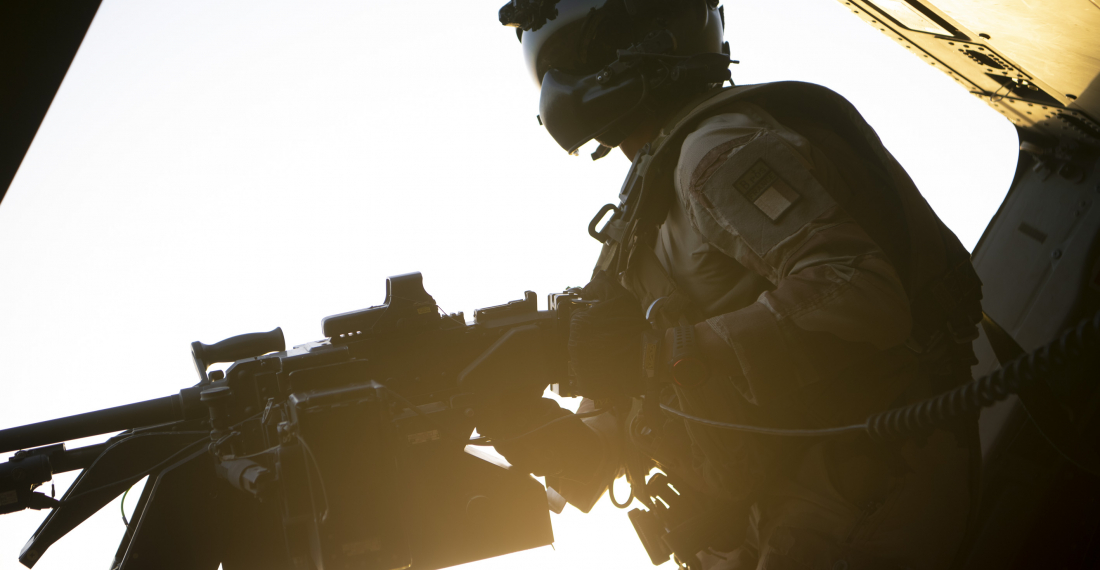France will resume its joint operations with the Malian Armed Forces, announced the French Ministry of Armed Forces on Friday evening (2 July). With over 5,000 soldiers deployed in the Sahel since 2014 – within the framework of the French military operation "Barkhane" – France had suspended bilateral cooperation with Mali, following a second coup in May.
"Following consultations with the Malian transitional authorities and the countries of the region, France takes note of the commitments of the Malian transitional authorities" endorsed by the Economic Community of West African States (ECOWAS) and "decided to resume joint military operations as well as national advisory missions, which had been suspended since 3 June," the ministry said in a statement.
This suspension of joint operations with the Malian forces, with which it has been co-operating for many years against the jihadists, was triggered by Mali's second putsch in nine months, which made Colonel Assimi Goïta the leader of this crucial country for stability in the Sahel.
"France remains fully committed, with its European and American allies, alongside the Sahelian countries and international missions" to fight the jihadist groups that are rife in the Sahel, the Ministry of the Armed Forces concluded on Friday in its press release.
The French Minister of the Armies, Florence Parly, highlighted this commitment to pursue counterterrorism in the region in a statement on Friday, declaring that several executives of the jihadist group Islamic State in the Great Sahara (IS-GS) had died or been captured in recent weeks by the French anti-jihadist force "Barkhane" and its partners.
This statement comes as French President Emmanuel Macron recently announced France's gradual disengagement from the Sahel. Although a detailed plan is yet to be announced, Operation Barkhane should be replaced by a tightened device, focused on the fight against terrorism and support in the fight of local armies.
Nonetheless, "this transformation does not mean the departure from the Sahel, nor that we are going to slow down our counterterrorism operations" in the region, Parly underlined earlier on Friday. “We, the Europeans, have a collective responsibility for securing the southern flank of Europe. It is essential not to allow the Sahel – and more broadly Africa – to become a zone of refuge and expansion for these terrorist groups affiliated with Daesh [Arab acronym of the Islamic State organisation] and Al-Qaida ”, she added.
According to Parly, Europe's focus needs to be on the European special forces group, "Takuba", created at the initiative of Paris to accompany Malian units in combat.
"Today, we do not see any inflections, reluctance or questioning linked to the political situation" in Mali, assured Parly, considering "all the more important that we consolidate "Takuba" [that will come to play] a major role in the coming years".
To this day, "Takuba" brings together 600 men in Mali, half of whom are French, the others being Estonians, Czechs, Swedes and Italians. Romania has also pledged to participate.






